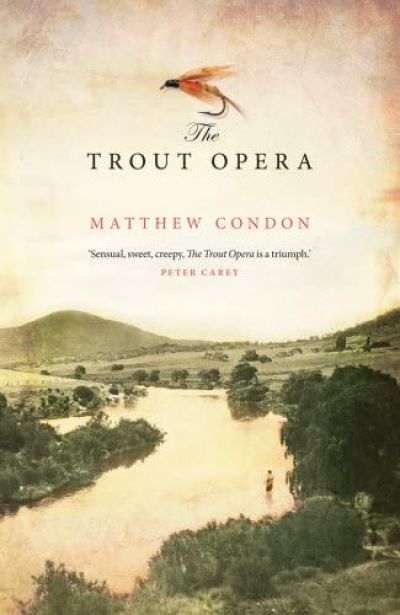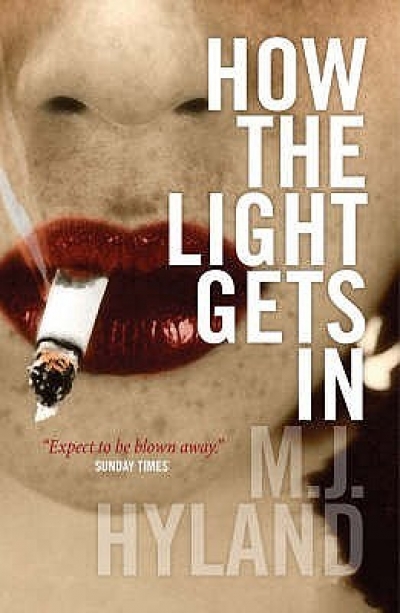Accessibility Tools
- Content scaling 100%
- Font size 100%
- Line height 100%
- Letter spacing 100%
Current Issue
Short story
Bunker
The quiet had left me. That’s how I put it, but I meant Maree. Most of her cosmetics abandoned in a swollen-stuck bathroom drawer. Hydrators, anti-aging, complexion correction. Potions, I called them, like an old man describing a woman’s things. A few days after she left I tried them on myself, mostly for the smell of her. Of course they did not correct anything, did not make me beautiful, only streaked me to an unlikely shade – Maree’s – darker and more lustrous than my own. I accepted why she’d gone. She’d made a choice, and it was not the wrong choice – her folks old and susceptible, too proud to see it and too stubborn to budge. Bad reception where they are. Have to climb a hill to make a call. But she never climbs the bloody hill. And her emails, when they come, arrive in business hours.
Commentary
The Museum of Mankind
Algeria, June 1835. General Camille Alphonse Trézel’s expedition to pacify the western tribes had failed. Under the leadership of Emir Abdel Kader, Commander of the Faithful, the Algerians had bloodied the French invaders badly. Outnumbered and compelled to withdraw to the port of Arzew to resupply, Trézel’s column fought desperate rearguard actions for three days and nights. On the fourth day, the Algerian cavalrymen outflanked the exhausted French and were waiting in ambush on the edges of the Macta marshes.
The ABR Podcast
PODCAST
The ABR Podcast
The ABR Podcast is released every Thursday and features reviews, poetry, fiction, interviews, and commentary. Subscribe via iTunes, Google, or Spotify, or your favourite podcast app.
Interview
Lisa Gorton is Poet of the Month
Interview
An interview with David Musgrave
Interview
Future Tense with Michelle Michau-Crawford
From the Archive
The Trout Opera by Matthew Condon
Ten years in the making, Matthew Condon’s vibrant modern epic, The Trout Opera, has been worth the wait. It has an expansiveness and generosity of spirit that has become uncommon in Australian fiction (unless we think of an altogether different book, but on a similar scale, Alexis Wright’s Carpentaria, 2006). Sent in 1996 to report on the slow death of the Snowy River, Condon met the storied old-timer Ron Reid, who in his more than eighty years had rarely left the Dalgety region. From Reid’s yarns came the germ of a novel. Essentially, it is an affectionate and many-stranded variation on that old cultural chestnut in Australia: the search for the original of ‘Banjo’ Paterson’s ‘The Man from Snowy River’.
From the Archive
How the Light Gets In by M.J. Hyland & Tristessa And Lucido by Miriam Zolin
One of Frank Moorhouse’s stories in his collection The Americans, Baby (1972) vividly describes two people’s tentative steps across a divide. It is a sexual overture, but also one that defies the constraints of national stereotypes. Carl, an Australian university student, bristles at an American man’s advances. Uneasy about his new sexual identity, he is unable to shake the sense that he is consorting with the enemy, at a time of mass protests against the Vietnam War. At the story’s end, the two men lie together in bed holding hands. The American urges his Australian lover to wipe his tears, then comments obliquely: ‘I guess this is the way it is with us.’
From the Archive
Why the Impatience? Genocide, ‘Ideology’ and Practical Reconciliation
Querulous impatience has overtaken discussion of Aboriginal matters in some quarters. ‘If we apologise, they must forgive and then assimilate. Invite them to discussions about how to ameliorate their misery – the disintegration of community, the alcoholism, the glue sniffing. But they mustn’t talk “ideology”. We’ve had enough brooding over the past, heard enough about treaties and self-determination, and more than enough about genocide. It’s time to move on.’ That’s what I hear and in that tone.


























